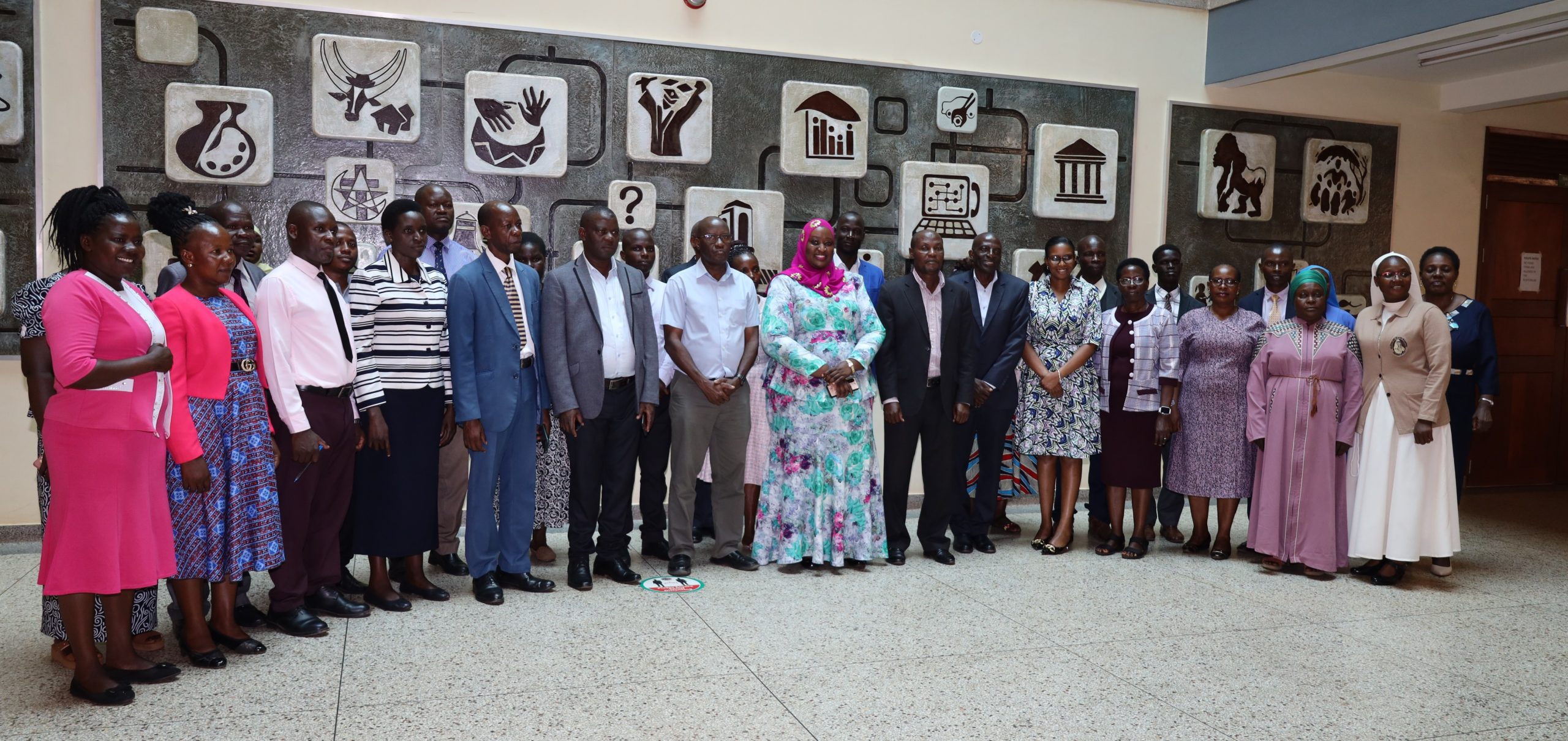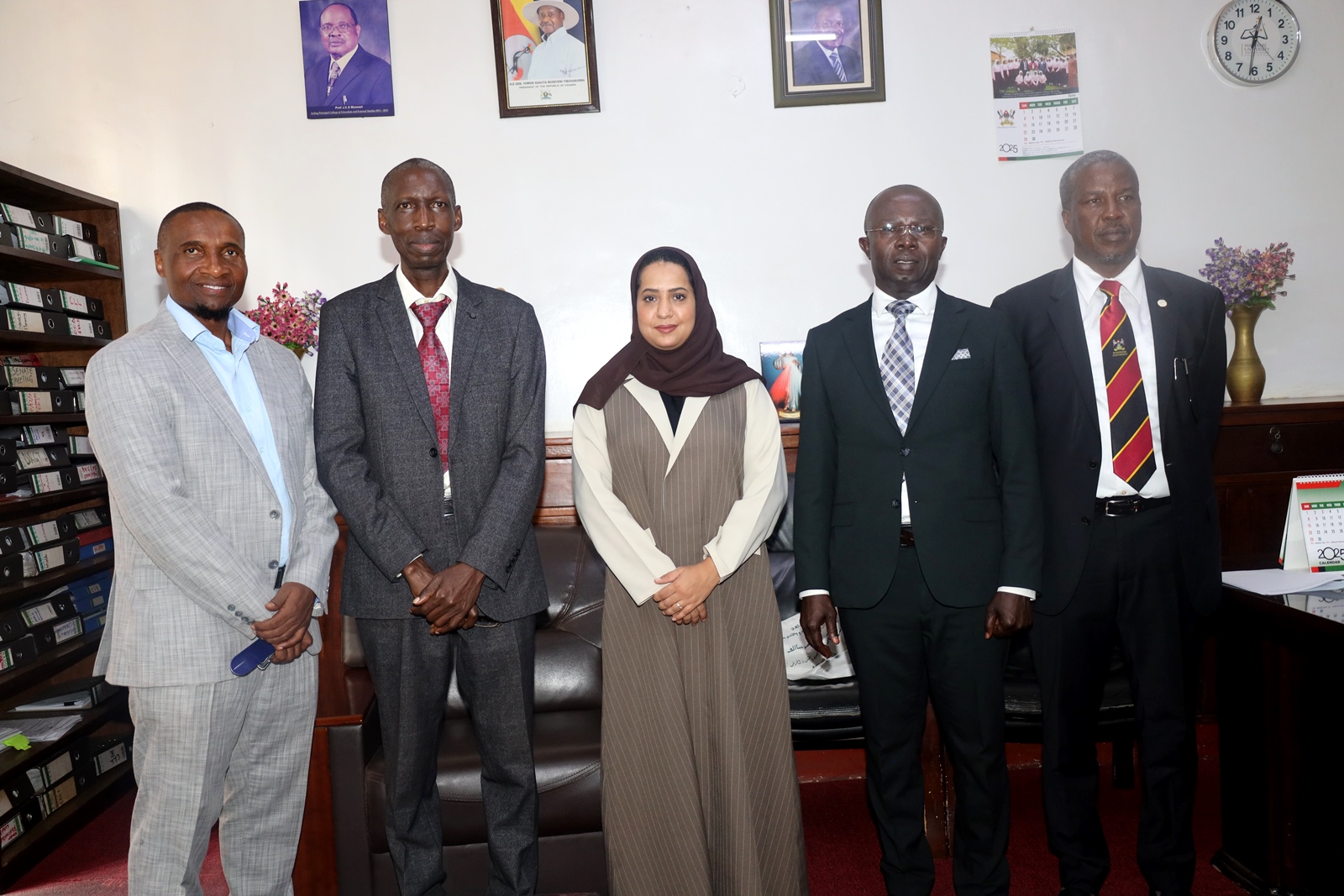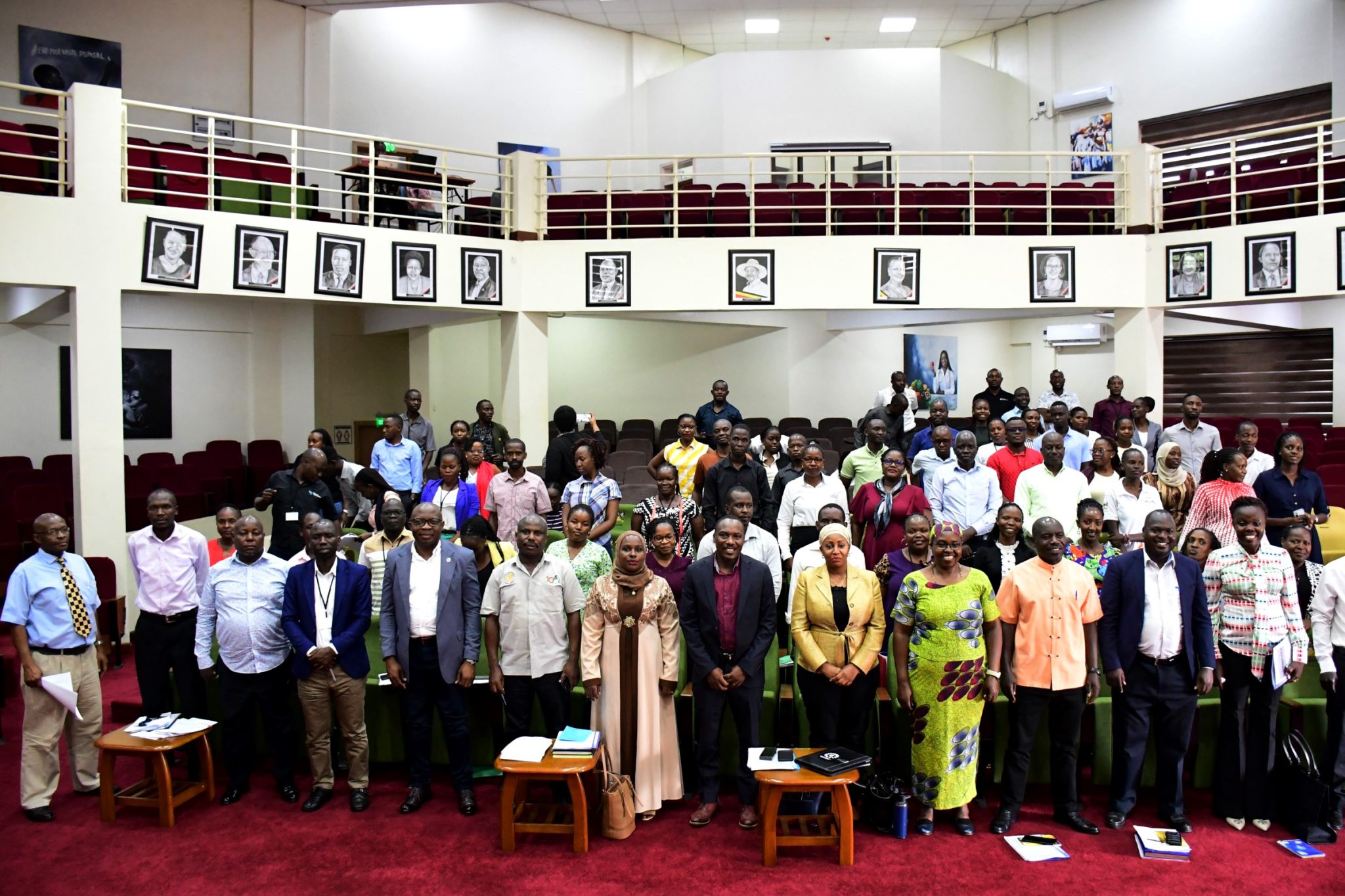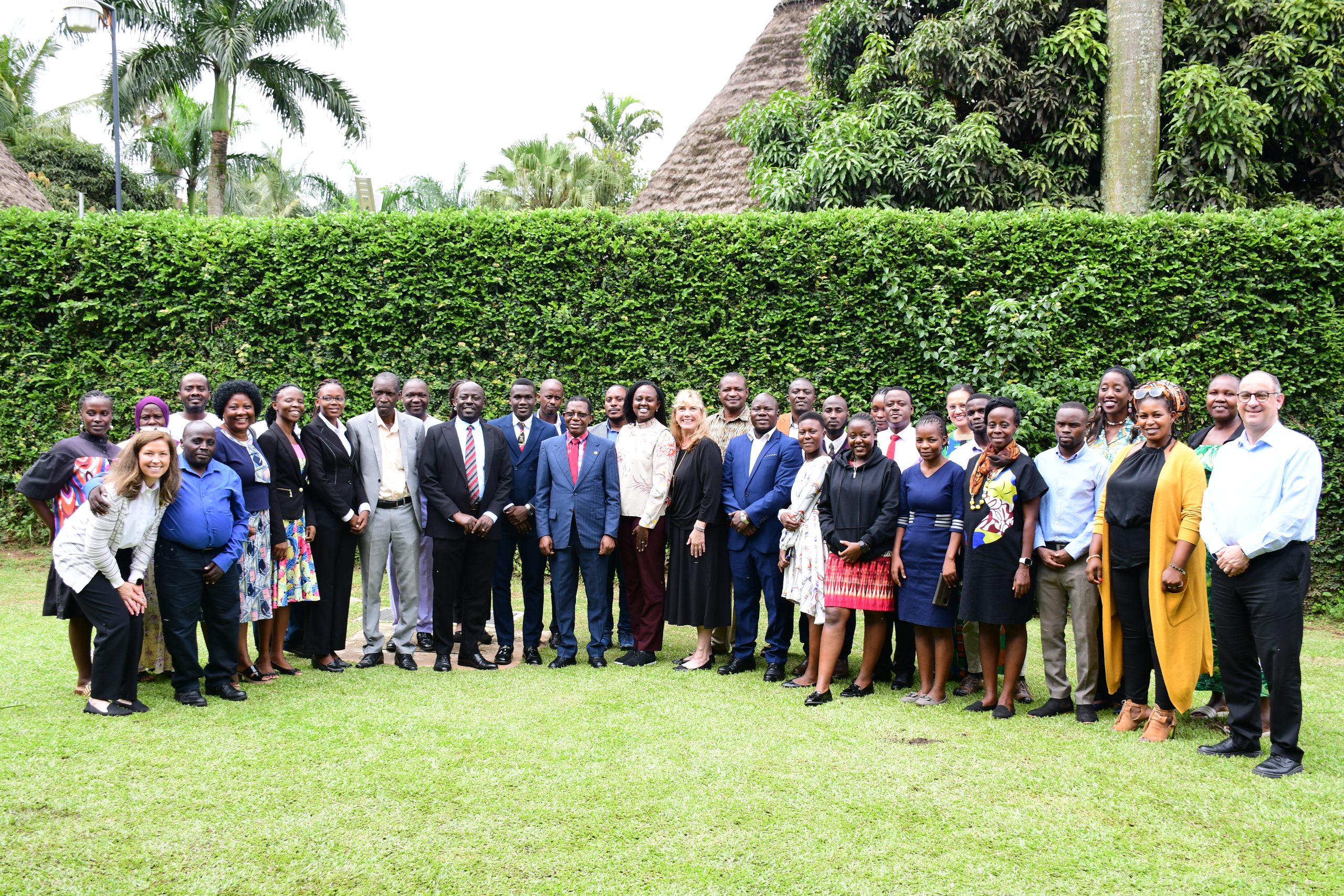A new project that is hoped to empower Universal Primary Education schools to manage scarcity and be more resourceful has been unveiled at Makerere University.
The Entrepreneurial Initiative for Universal Primary Education Schools Program is intended to provide training to the administrators of UPE schools on how they can use their limited resources to provide quality education to learners.
The project is funded through the Makerere University Research and Innovation Fund.
Dr. Christopher Mugimu, a professor of Curriculum and Instruction at Makerere’s College of Education and External Studies, who is also the project lead said they will be helping UPE school managers develop enterprising skills which they can use to optimise the school resources and provide better quality education.
“We realised the government has been supporting UPE by expanding infrastructure, training teachers, and curriculum reforms but still a lot remains to be done in terms of ensuring a good learning environment,” he said.
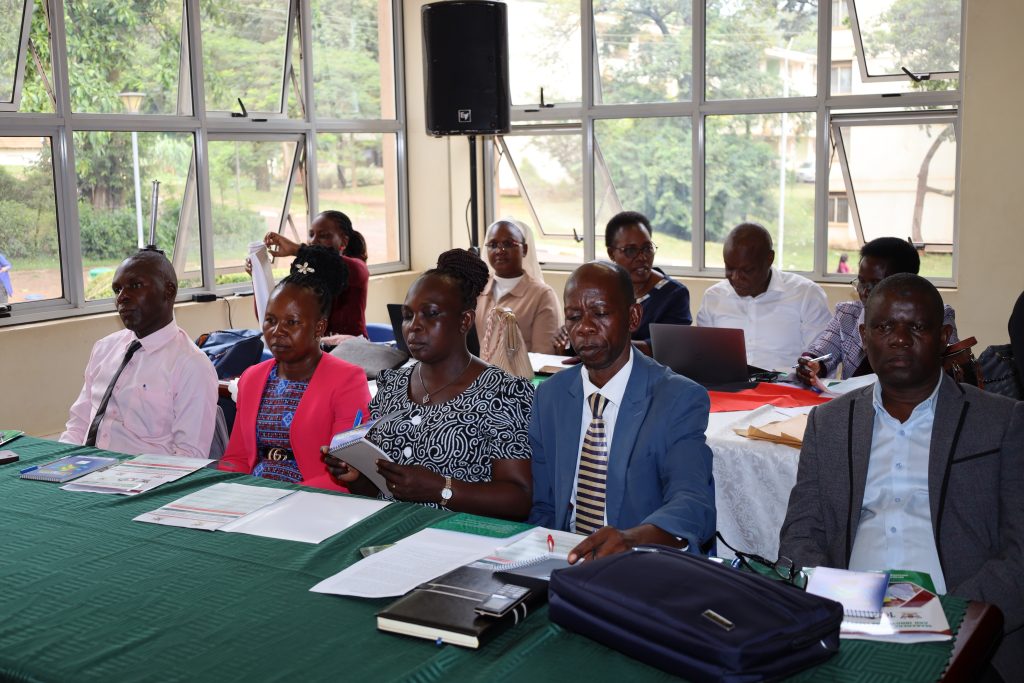
“We believe that we can get better results from UPE schools if the managers can be helped to become more enterprising by optimizing the little resources they have.”
Dr Badru Musisi from the Department of Foundation and Curriculum Studies at the School of Education said over the past 27 years, despite the government investing trillions of shillings to boost learning in primary schools, not much has changed in terms of school management.
“Because of that, the same challenges have persisted; schools don’t have sufficient space, they have no water and hygiene services, they don’t have food and the environment is not enabling for pupils with disabilities,” he said.
Dr. Nicholas Itaaga who represented Prof Anthony Mugagga, the Principal of the College of Education and External Studies said a lot needs to be done to combat the high dropout rates in primary schools.
Dr Itaaga said when he was doing his PhD thesis on UPE in Eastern Uganda, he established that only about 37% of the pupils joining P1 were making it to P7, while the majority of the pupils were dropping out to join their parents in farms.
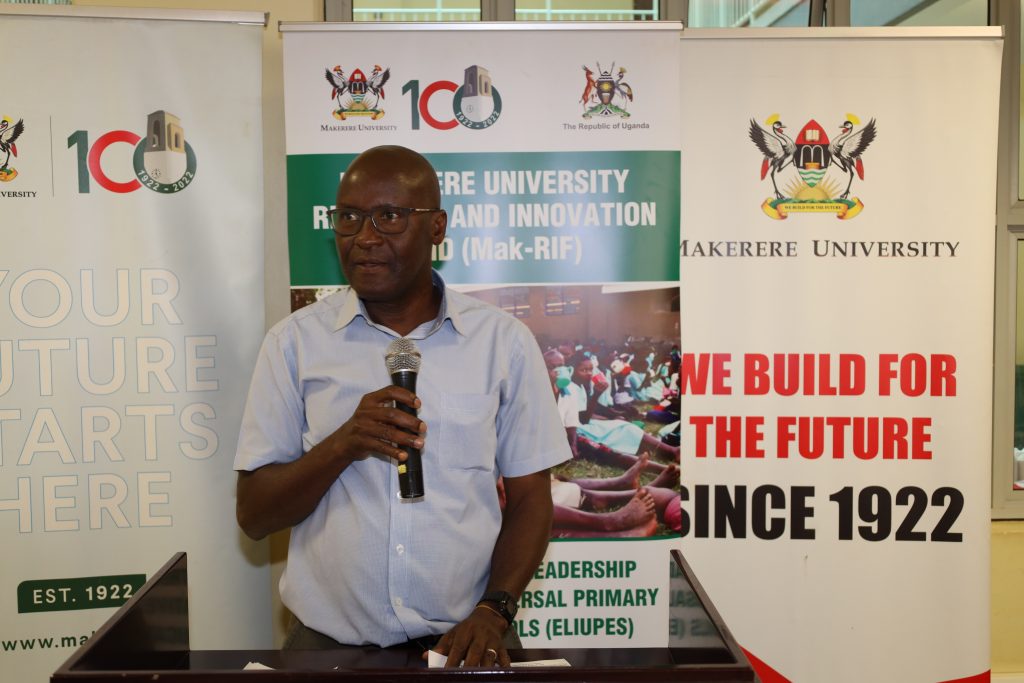
Dr Hajjat Kuluthum Nabunya, the Officer Education Services KCCA also emphasized this trend, noting that the retention rate of UPE schools in Kampala, like those in rural schools is still alarmingly low.
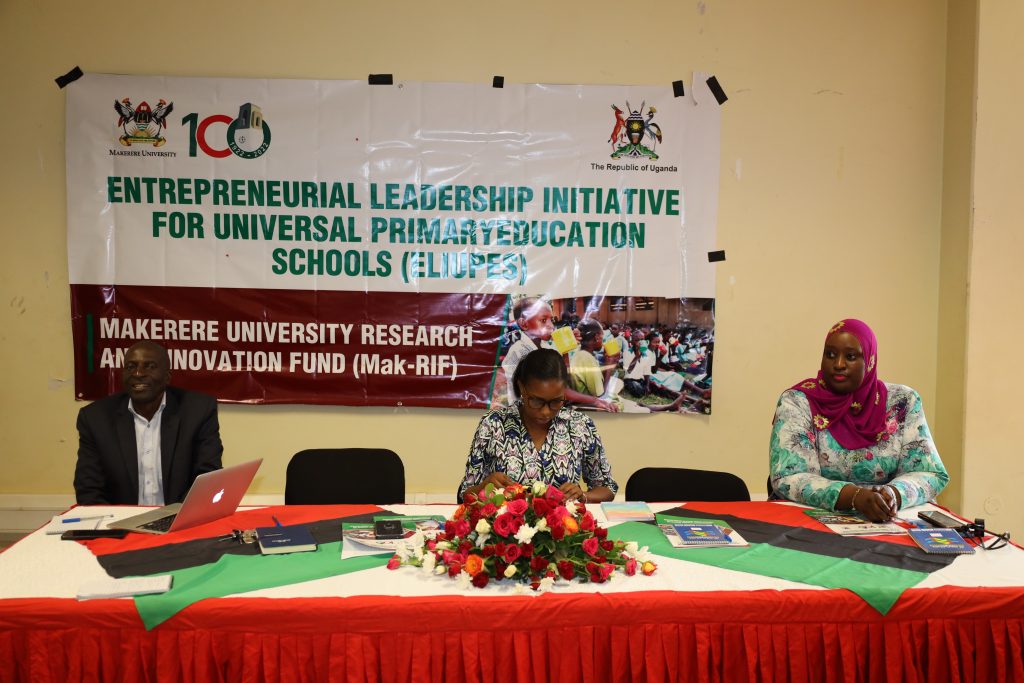
“Children that are supposed to be in primary schools are the ones you see vending goods on the streets and doing housework at home. Therefore, the government needs initiatives like this,” she said.
On her part, Gloria Naggayi, the Monitoring and Evaluation Officer at Makerere University Research and Innovation Fund commended the project initiators and tasked them to follow through and ensure that they have positive results by the end of the year.
The number of primary school pupils in the country has grown from 2.1 million in 1997 to over 9 million today.


